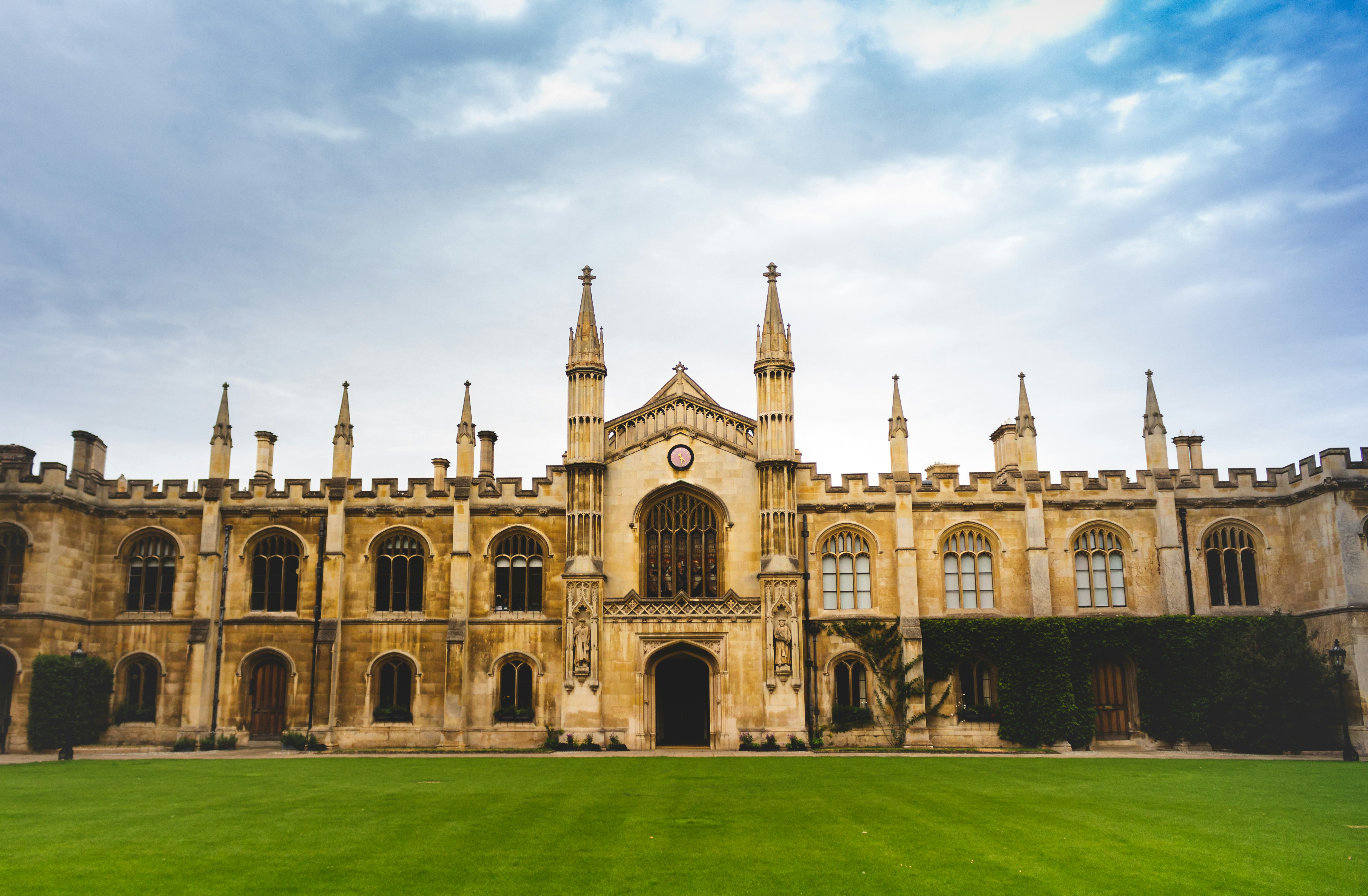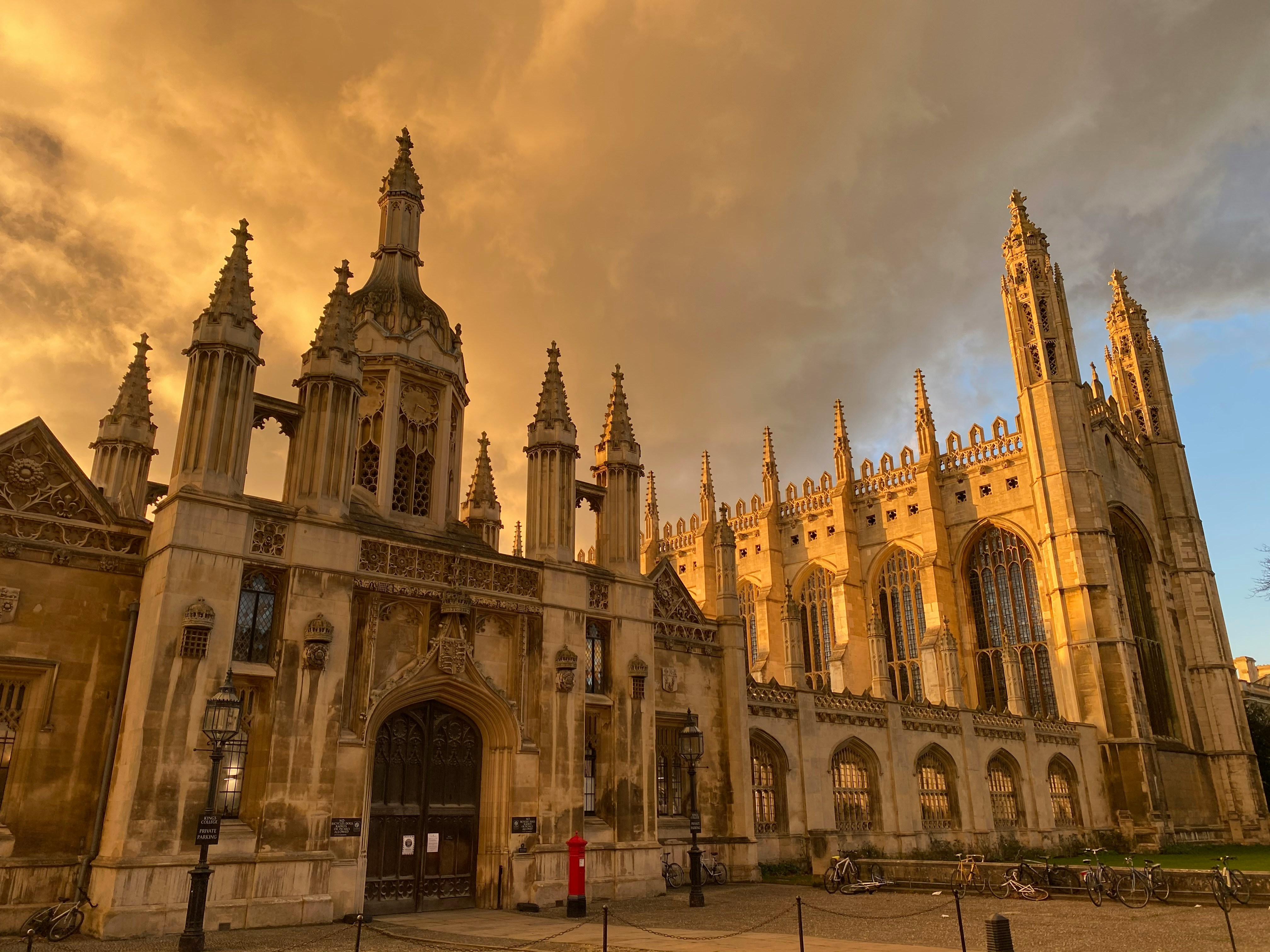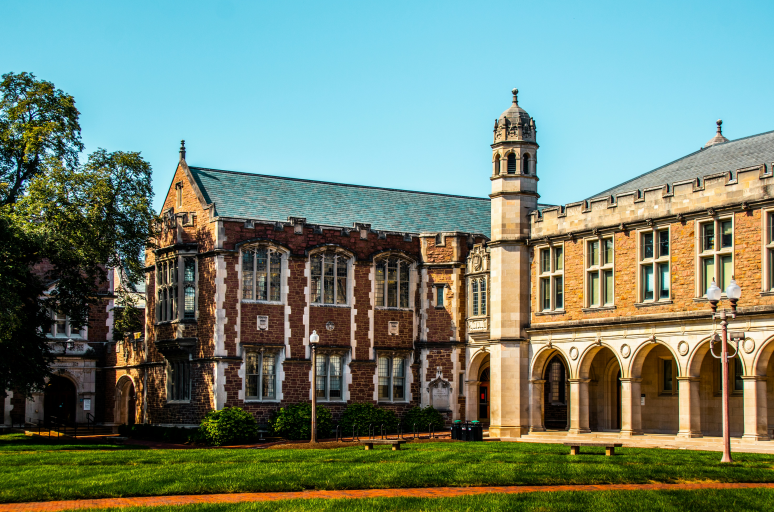Are you planning to go to study in the UK? You need to know a few things before going to the UK. This blog will tell you how many universities in Great Britain, how the university system works, what type of university is available, and how to choose from them. Keep reading and find more!
How many universities are there in UK?
Statistics show that there are 166 universities in the UK. Among them, universities like the University of Oxford, the University of Cambridge, etc. are renowned for their long-lasting history and remarkable academic reputation. Every year, millions of people worldwide flock to these holy places to study. The QS World University Ranking and Times Higher Education evaluate and rate global universities yearly, becoming one standard for students when choosing universities.
| University | QS Ranking 2026 | THE Ranking 2026 |
|---|---|---|
| University of Oxford | 4 | 1 |
| University of Cambridge | 6 | 3 |
| Imperial College London | 2 | 8 |
| University of Edinburgh | 34 | 29 |
| University College London | 9 | 22 |
| King’s College London | 31 | 38 |
| The London School of Economics and Political Science | 56 | 52 |
| University of Manchester | 35 | 56 |
| University of Bristol | 51 | 80 |
| University of Glasgow | 79 | 84 |
| University of Birmingham | 76 | 98 |
| University of Sheffield | 92 | 108 |
How does the UK university system work?
The university system in the UK works differently in four nations includes England, Scotland, Wales and North Ireland. Undergraduates in England, Wales, and North Ireland require students to study only one subject or major and complete their studies within three years. However, there are exceptions; for example, some universities have a specific program allowing students to complete their studies within shorter years and study more subjects.
The Scottish system is different from the three places mentioned above; the Scottish system is similar to the US college system. Undergraduate study lasts four years, and in the first two years, students can study several subjects to determine their final subject in the following two years.
Postgraduate study is more specialized, and it contains taught master and research master, with the first focus on seminars and classes and the latter focusing on your project from the beginning.
What are the types of universities in the UK?
How many universities in the UK can you apply for? Referring to the QS Ranking is one aspect; there is another category you can refer to. Universities in the UK can also be categorised into three types: Russell Group Universities, Modern Universities and Specialist Universities. Each type has different characteristics. Make sure you are informed before making a choice.

Russell Group Universities
The Russel Group Universities are UK consortium of research-intensive universities, also known as The UK’s Ivy League; this university group covers 24 universities, including some of the oldest and most prestigious institutions in the UK, such as Oxford University, the University of Cambridge, Durham University, and the University of London, they have the first-rate research capacity, world-class faculty, and intense academic atmosphere, all these shining points make the Russell Group Universities the most competitive destination among students from all over the world. If you have opportunity to study at these universities, it will be a great addition to your life.
Studying at Russell Group University, you can get:
World-class Faculty: remarkable faculty help you improve academic study.
Academic Atmosphere: Russell Group University has rich resources and a friendly academic atmosphere, academic capacity is fully developed.
Career Prospects: students who graduate from these universities usually have guaranteed careers in high-salary industries.
List of Russell Group Universities:
University of Oxford: the oldest and most prestigious university in the UK.
University of Cambridge: public collegiate research university
Imperial College London: renowned for its excellence in STEM, Science, Technology, Engineering and Mathematics
Durham University: world-leading collegiate public research university
University College London: diverse global community
Modern Universities
Modern universities are newly built, not as old as universities like Oxford, but it doesn’t mean they have no good teaching resources; they have modern and innovative teaching methods and equipment and provide students with diversified opportunities like internships, vocational training. They tend to be more open and inclusive than Russell Group University, and you may feel less pressure in these Modern Universities.
Studying at Modern University, you can get:
Lower Tuition Fee: not as expensive as Russell Group Universities.
Various Subject Choices: these young universities set more pragmatic and innovative subjects to cater to modern society
New Facilities: equipped with the latest teaching facility, student accommodations, cafeterias, etc.
List of Modern Universities in the UK:
University of the West of England (UWE Bristol): focus on skills cultivation, strong industry connections, and career-oriented programs
Coventry University: focus on applied research, automotive design, and engineering.
Nottingham Trent University: focus on employment, research, and social mobility.
Oxford Brookes University: known for teaching excellence, innovation, and industry connections
University of Greenwich: renowned for high-quality teaching. Located in London.
Specialist Universities
Some universities are not comprehensive institutions; they focus on cultivating specific subjects and give exclusive subject teaching like arts, business, music, and technology; some specialist universities have extraordinarily high rankings in particular fields. The specialist universities might be an option if you want to study these subjects.
Studying at Specialist universities, you can get:
Highly specialized Study: highly specialised teaching and learning
Smaller Class Sizes: smaller teaching model
Industry Connections: focus on cultivating pragmatic skills
List of Specialist Universities in the UK:
University for the Creative Arts: vibrant, innovative, and human community.
Royal College of Art: the world’s oldest continuously operating art and design institution.
Guildhall School of Music & Drama: offers training in classical music, jazz, drama, and production arts.
Cranfield University: postgraduate-only public research university specializing in technology and management.
What are the Factors to consider when choosing a university in the UK?

Choosing a university isn’t easy, especially for international students, you may ask: how many universities in UK for international students? Most of the universities mentioned above are open for international students, but you still need to check the documents of every university, their polities and documents may change every year. Knowing the list of universities you may apply to, the next step is sifting, in which you may consider the following facts:
University Ranking
Before you choose a university, global rankings such as QS Ranking and Times Higher Ranking are good references to which you can turn; universities with higher rankings usually get universal acknowledgement and guarantee a better specialty development.
Tuition Fee & Scholarship
Except for the rankings, tuition fees are also something you need to consider. Universities with higher rankings are usually expensive for international students; you need to consider if the fee is affordable. In addition to tuition fees, you can also check if the university offers subsidies like scholarships, government grants, etc.
Faculty & Facility
The capacity of faculty is also an essential factor for you, whether the faculty gives you a better educational guides and guarantees your prospects. Besides, facilities whether it’s old or new can also affect your experience in university.
Graduation Employment
Graduates from higher-ranking universities have easy access to top industries like medicine, technology, AI, finance and so on, if you are determined about your future career path, you may particularly consider universities with a higher ranking like the Russell Group Universities, they usually have good career prospects.
Location & Living cost
The university’s location can also be a key point for you when deciding where to go, some universities located in the main city centre which would facilitate your daily life, but at the same time would increase your living costs.
Student Housing
Student accommodation can be a critical factor when choosing a university. Many universities provide limited housing, and most of time, students need to find a place to live by themselves, which is a challenging task for newcomers. But uhomes.com can help you with that, reducing your pressure of finding an ideal house. We have various types of housing for students with different budgets, and meet your various needs. Contact us! Let us help you to make an ideal choice!
How do you apply to study in the UK?
In most cases, international students can apply to universities in the UK via UCAS, a platform that helps you with the application process which will cost you just £22 . You need to start by registering with UCAS, entering the UCAS website, selecting up to five universities and degree programs to apply, completing the application’s personal information, submitting it, and waiting to receive the offer.
Do I need to take a language test to study in the UK?
Yes, most UK universities require students to have a language test like the IELTS test in advance. Since English is not your first language, and when you apply for a student visa, you also need to have a language test, so make sure you get one in advance. The language level requirement varies based on the different requirements of universities. Universities like Russell Group Universities require students to get higher listening, reading, writing and speaking scores. You need to check the detailed language requirements on the university website.
How much does it cost to study in the UK?
Universities in the UK usually charge higher tuition fees for international students, and different universities have different standards. Generally, the tuition fee depends on the course you study and your nationality. International students are expected to pay between £10,000 and £32,000 annually for lecture-based undergraduate degrees, some specialised degrees may cost even more. The fees for postgraduates tend to be more expensive than most undergraduate courses.
Student accommodation can be another giant spending destination, the average student rent in the UK is about £100-200, with no upper limit, so, trying to find an ideal and affordable place to live is not easy, uhomes.com provides many affordable student accommodations with different room types and appropriate prices for you to select.
Solving the tuition fee and accommodation, you still need to arrange your daily costs, which in total, will be a large amount of spend for you.
What scholarships are there for international students in the UK?
There are indeed some scholarships for international students to offset part of your spending. Still, they vary from different universities. In some universities, the scholarships may come from the government, or private donations, to relieve students’ financial burdens, and fully cover or cover part of tuition fees, maintenance costs, accommodations, and even flight to your home. Go to university websites to find more detailed information.
How do I apply for a student visa in the UK?
A visa is a hard requirement for all international students planning to study in the UK. You can apply for the student visa online yourself or by agent. The fee for applying for this visa will cost £363 if you apply from outside the UK, £490 if you apply in the UK. The fees are just for a year, you need to continue to pay the price twice if you are going to study here for three years. They also offer priority service at a higher fee. Make sure you apply for a student visa at least three months in advance.
Conclusion
As an ancient and historical country, the UK has over 160 universities, ranging from the oldest one, the University of Oxford, to modern universities, from comprehensive to specialist universities; every year, millions of people worldwide flock to the UK for study. If you are struggling to choose a university and are worried about the student housing problem, uhome.com can help you. We offer a customized service for international students; start this journey with us now!
FAQs:
There are 106 universities in England. Universities like the University of Cambridge, Imperial College London, Durham University, etc., are hot hubs for international students in England.
There are 166 universities in the UK, Universities like the University of Oxford and the University of Cambridge are on the top list and attract millions of people worldwide to study yearly.
The University of Oxford is the top 1 university in the UK according to global rankings like QS Ranking, Times Higher Education (THE), and the Academic Ranking of World Universities (ARWU), but tier 1 universities includes University of Cambridge and Imperial College London etc. They all are very good choice for students.
In the UK, Universities refer to higher education institutions. Broadly, It includes universities, university colleges, higher education colleges, and colleges of the university of London.
Regarding enrollment, The Open University is the biggest university in the UK, with the maximum enrollment number being over 150000, almost four times the number of other universities’ enrollment. Regarding geographical size, the University of Nottingham is the biggest university with the biggest international campus.
Known as Oxbridge, these two universities are globally renowned for their long-lasting history, world-class faculty, and remarkable academic results, they are the dream universities for millions of students worldwide.








